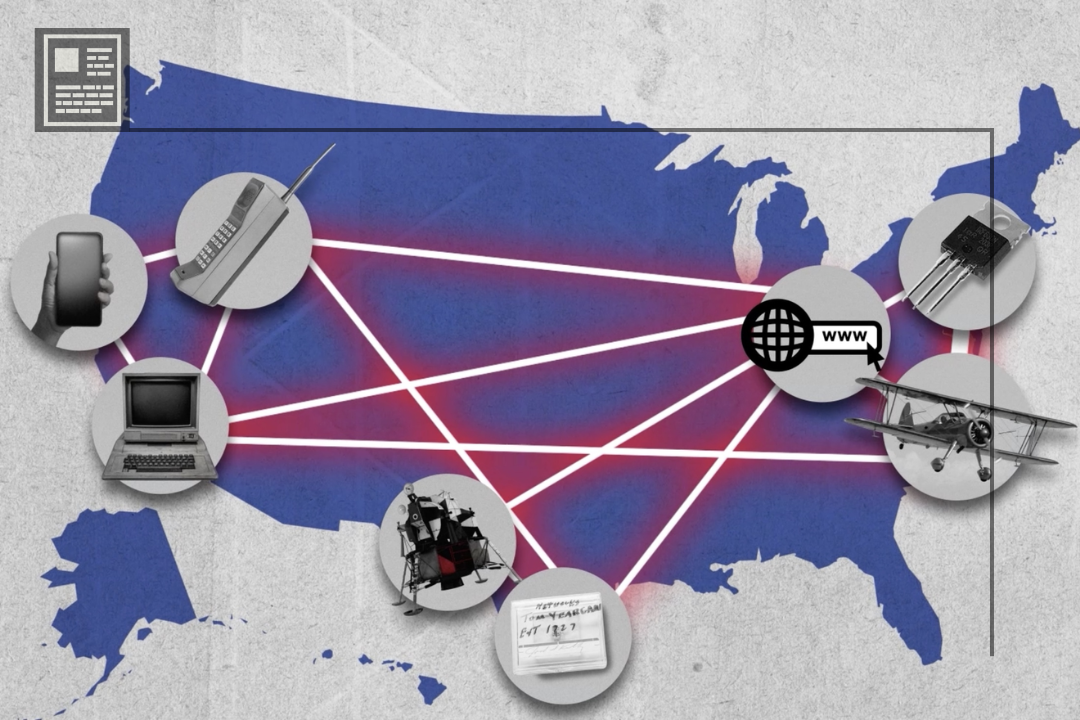Artificial Intelligence is transforming our world from healthcare and finance to transportation and education. But as AI systems become more powerful and widespread, questions about ethics, data privacy, and safety have grown louder. While many countries are still figuring out how to approach regulation, European Union is regulating artificial intelligence.
Why the EU’s Approach Matters to the World
At the center of this global discussion is a rising focus on how the European Union is regulating artificial intelligence to ensure ethical, transparent, and human-centered innovation. the core reason why the EU’s efforts matter not just for Europe, but for the world. By placing strict limits on high-risk AI systems (such as facial recognition or predictive policing) and demanding transparency from developers, the EU is setting a global standard for AI accountability. Their actions are shaping how businesses and tech developers in other countries think about compliance and innovation.
The EU AI Act: What You Need to Know
The flagship of this movement is the EU AI Act, the world’s first major legislation focused solely on artificial intelligence. This law classifies AI systems into different risk categories: minimal, limited, high, and unacceptable. High-risk applications will require strict documentation, transparency reports, and human oversight. Meanwhile, systems deemed to pose “unacceptable risks” such as social scoring by governments are set to be banned altogether.
This regulation is designed to protect citizens, promote trustworthy technology, and give the public greater confidence in AI systems. For tech companies, it means building smarter, safer systems from the ground up not just adding ethical features later as an afterthought.
Impact on Businesses and Global Developers
If you’re a tech startup, software provider, or AI developer especially outside of the EU this regulation still affects you. Any company that wants to offer AI products or services in the EU market must comply with the new rules. That means clear documentation, transparency in how your algorithms work, and sometimes even third-party audits.
By getting ahead of these requirements now, companies can turn compliance into a competitive edge. Businesses that align with the EU’s vision of trustworthy AI are more likely to earn user trust, avoid fines, and scale internationally with ease.
What Makes the EU’s Model Unique?
What sets the EU apart is its proactive, human-first approach. While other regions, including the U.S., have focused more on innovation and market competition, the EU prioritizes human rights, accountability, and sustainability. Their framework is based on values that aim to balance growth with public protection a balance that’s becoming increasingly important as AI touches more parts of our lives.
The Road Ahead: Global Influence and Local Impact
The EU’s regulation won’t just shape the European market. It will likely inspire similar legislation worldwide. Countries like Canada, Brazil, and even parts of the U.S. are closely watching how the EU implements these changes. As with GDPR, the EU’s AI Act may become a global gold standard pushing developers everywhere to rethink how they build, deploy, and monitor AI.
For end users, that means safer, more reliable AI tools. For businesses, it means preparing for a more responsible future of innovation. The question isn’t whether AI will be regulated it’s who will lead that regulation, and right now, all eyes are on the European Union.






